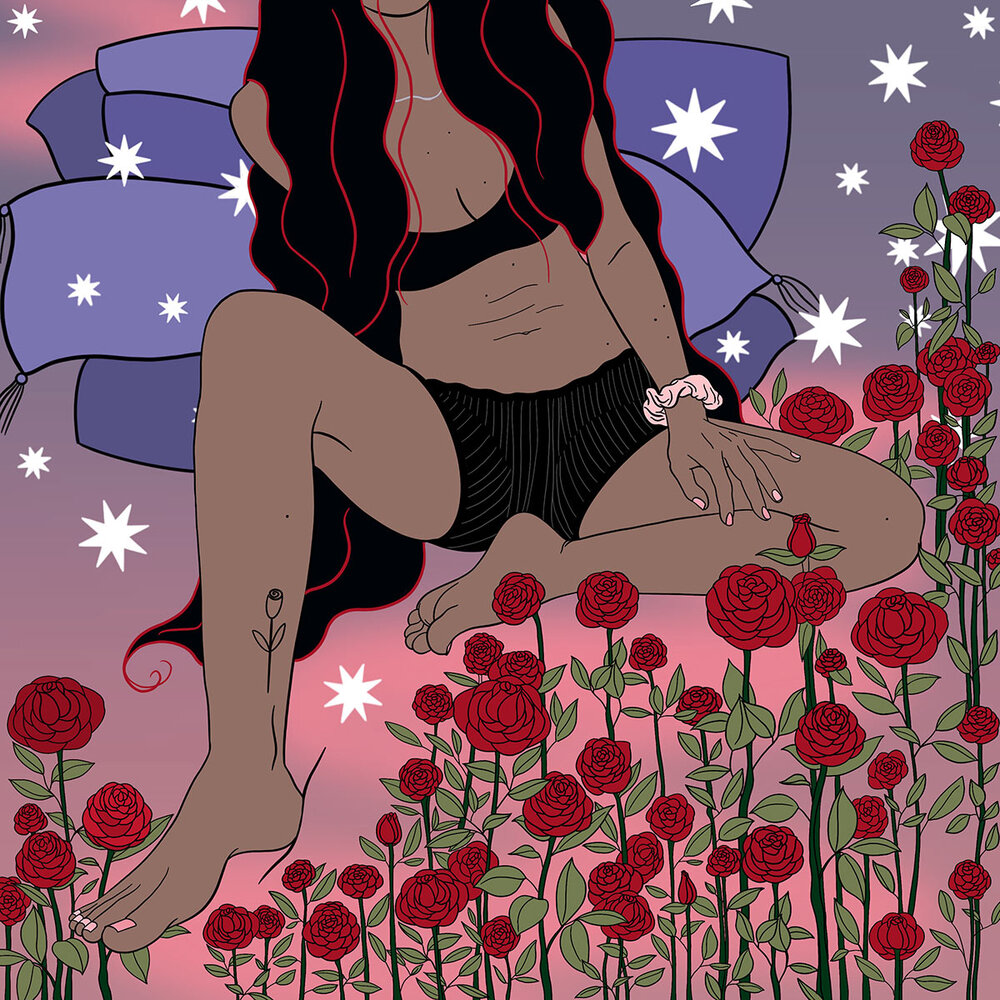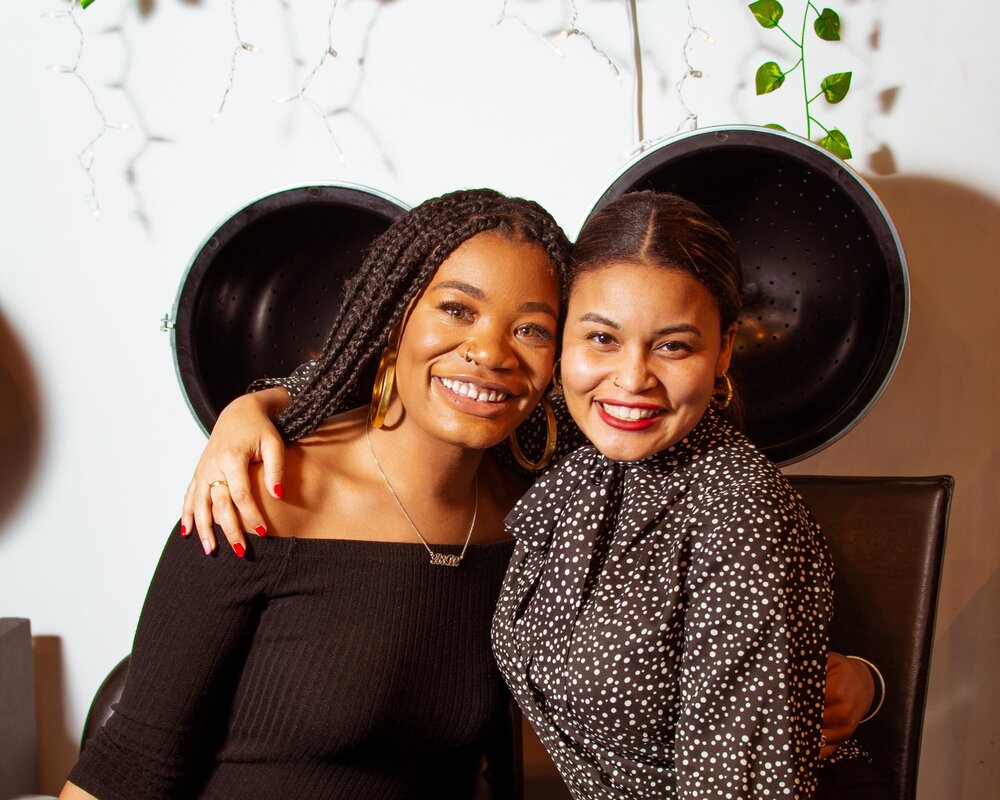Addressing Anti-Blackness in Latinx Communities
Words by Betty Fermin
Photo by Cara Taylor in Limon, Costa Rica
My mother's reaction to the helicopters flying overhead and the sirens at 1 & 2am the past few nights is "oh good they're protecting us."
Mine is anger and fear at the continued persecution and militarization of our communities.
I'm first generation Dominican-American. My parents came to the U.S. 3 years before I was born in 1988, and have struggled to make ends meet ever since. I have privileges that they don’t have; I went to university, and have worked in a social justice organization for the past 6 years. I spend time in communities and with organizations that have really opened my eyes to the institutionalized, systemic and interpersonal racism that exists in this world. Growing up, I was aware of the problematic comments my parents made, but I don't think it was until high school/beginning of college that I felt more comfortable calling it out as I was learning more about the world and voicing my opinions. The privilege to stay silent is one that AfroLatinx and Black folks do not have. My light skin protected me from having to do that work or even having to think about things that were top of mind for other people.
I've spent years working on the internalized racism, oppression, homophobia that my mother carries. I share my experiences, and the experiences of close loved ones and strangers so that she understands the way injustices play out, how people deserve joy and happiness no matter who they are, and that no one should fear being harmed anytime they walk out the door. This work is thankless and sometimes exhausting, but I don't talk about it here to get any pats on the back. I bring it up because this is the work we non-Black people of color have to do. Especially in Latinx communities. We have to call out the anti-Blackness that is embedded in our history.
Our connections to the African continent tend to be ignored. Latinx people are pretty quick to side with their "Hispanic" side, the Spanish colonizers. Without unpacking and learning more deeply about our race, ethnicity and nationality. We are more willing to side with the people who stole our homes, languages, and cultures, than with communities who have experienced similar loss.
We value whiteness and aspire to it, not because we do not know better but because it was passed down to us from generation to generation. But that has to stop with us. Now.
We must continue to learn what hasn't been part of our education system. We must unlearn what has been taught to us that just perpetuates the harmful ideologies we impose on each other. The racist assumption that Black people cannot be great, our 'pelo malo' which refers to bad hair when we decide to embrace our natural hair textures, the ingrained thought that while Black skin of all shades exists in Latinx communities, lighter skin is better. We need to unlearn the explicit and implicit and internalized ways we enact racist beliefs on each other.
The roles machismo and patriarchy play have in upholding racism must be called out as well. I tend not to get as “real” with the men in my immediate family. It's not that I don't defend Black people in front of them or call out their racist, homophobic comments but it takes more energy out of me to explain these topics due to the complexities of being their daughter and sister. Men in our communities aren’t confronted and that comes from fear and honestly, verbal abuse. My father just thinks I'm a Trump hater which well...accurate, and that I'm always angry about something. Like sir, why aren't you? The way Generation X thinks and reacts to Black people grinds my gears.
Something that was said during the Brujas in Brooklyn Instagram live in the conversation on Blackness and the Dominican community stuck with me; my energy should be on calling in my community. That is where I want to continue to focus my impact. That includes my immediate family, friends, and loved ones, blood-related or not. While expending energy on my grandmothers born in the 1930's might not be the move, I can tell their daughters and sons, my aunts and uncles, when something they say ain't right.
This is the work we need to do in the Latinx community to uproot the racism in our communities. When we stop siding with our oppressors, we prevent further harm from happening to Black communities. It’s one way that we can make clear that Black Lives Matter now and always.




